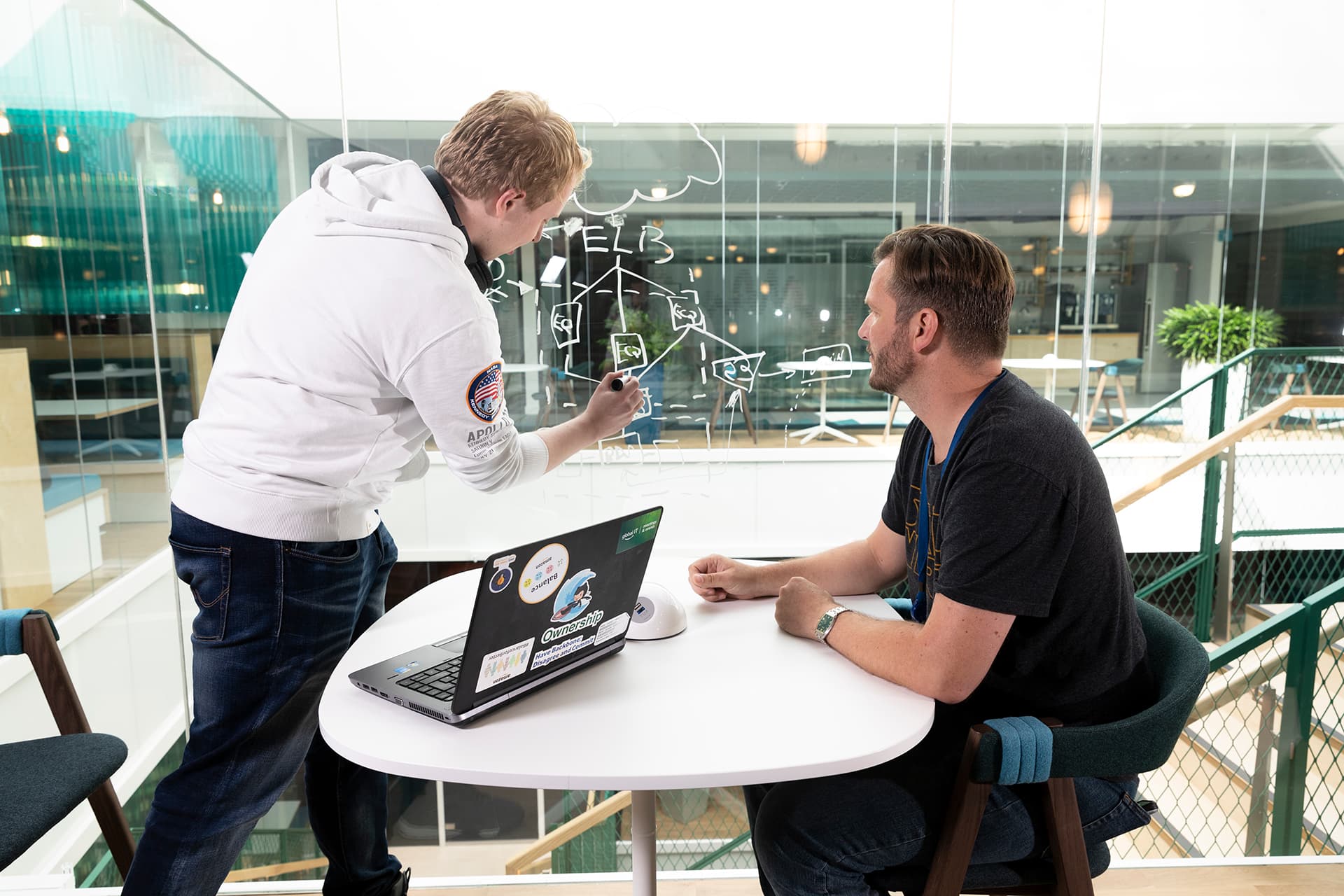A quiet revolution is occurring in artificial intelligence (AI), but this one isn’t making the headlines. Beyond the hype of generative AI platforms, innovative businesses with a trade and retail footprint are also starting to use AI to transform their operations. No longer the sole preserve of tech giants, artificial intelligence is winning attention across all sectors, which are beginning to acknowledge its economic value. This is the type of AI that is faster and better at the tedious parts of our jobs, and has the potential to transform entire economies. Across the EU, businesses are experimenting with artificial intelligence. A 2023 global survey of C-suite executives by Accenture found that, in Europe, 72 per cent were planning to increase levels of spending on AI.
City Plumbing is one of the UK’s largest plumbing and heating merchants and is embracing technology across all of its working practices. For CEO Dave Evans, the key to his business is “having the right product in the right place and at the right time for our customers. For many of them, time is money, so we want to make our customers’ lives as efficient and effective as possible.” Managing stock levels for thousands of products is a complex task that City Plumbing’s branch managers take on at a hefty time cost.


City Plumbing is using artificial intelligence to transform stock management in its hundreds of branches across the UK
So when Evans identified a way to gain automated insights that would enable branch managers to minimise excess inventory, calculate optimal purchase orders, ensure stock cover and reduce shipping costs across the business, it was an ideal solution to complement the wider business drive towards technological gains. Manchester-headquartered AI company Peak builds and deploys AI applications for companies in retail, consumer packaged goods and manufacturing, enabling companies to make the leap to AI capability even with legacy technology stacks.. The technology may not be quite as flashy as generative AI, but Peak is using it to democratise the artificial intelligence revolution.
Deploying data seamlessly
Moving on from legacy systems can be hard. It’s common to hear of a business undergoing a major tech transformation for years without reaping the value it hoped for. Peak has a three-part system to its platform – “dock”, “factory” and “work” – designed to achieve AI proficiency in weeks rather than years. “‘Dock’ is all about pulling data in and understanding it at a very high level,” explains Peak CEO Richard Potter. “‘Factory’ is essentially where our data science team or a customer’s data science team builds and deploys AI applications. And then ‘work’ is where the business user can come in and use the applications themselves.”
As Potter explains, the key is to use the existing systems of a client such as City Plumbing, “It’s all about integrating directly into businesses, pulling data out of their tech stack, pushing it back in and making it as seamless as possible,” he says. And companies with a data-rich history have an advantage when it comes to training algorithms. “A lot of business leaders haven’t made the connection: if they can put that data to work, it can help these more established businesses be defensible against newer upstart businesses.”
Judging by previous Peak customers’ results, City Plumbing has cause for optimism about the partnership. “On average, our customers usually see a stock holding reduction of 20 per cent,” says Potter. “So that frees up working capital. If you’ve got £100mn sat in inventory, you’d expect to release 20 per cent of that, leaving your business to do other things with that money.” Optimising business processes has a positive effect on the bottom line. “We typically see anywhere between two and five percentage points increase in margin for our customers, which is huge,” adds Potter.

AI is better and faster at the more mundane parts of the job, giving managers more time to focus on their customers
Powerful partnerships
Peak uses a cloud platform built on Amazon Web Services (AWS), which allows it to scale up and down the computing power it needs, an essential flexibility when customers such as City Plumbing have vast amounts of data. Potter says it’s a mutually beneficial relationship – one that is commercial as well as technical. “We partner with AWS to help each other gain more business, so we’re part of their vendor marketplace, in which other AWS customers can see Peak as a competent provider of applications and be introduced to us.”
The partnership allows Peak to ensure that its service is straightforward for customers. “If you speak to a lot of our customers, they often say that the simplicity of the platform, of the output, is the beauty of it. You’re doing something with loads of data that’s incredibly complicated, but is boiled down into a few pure pieces of data: how much stock, where, when and what price.”


The platform processes large amounts of complex data to provide simple, actionable information for branch managers
The economic opportunity could be transformational for businesses that embrace AI. According to PWC, widespread AI adoption could drive a 14 per cent increase in GDP by 2030 – a £12tn contribution to the global economy. City Plumbing’s Dave Evans says: “We recognise a real opportunity here as a business to have a digital-first mindset, and the Peak partnership is a leap forward as part of this. Essentially, I want our branch managers to talk to customers, and to help them run even better businesses. The more time I can create for them to do that daily, the better.”
Peak’s platform means that companies no longer need to make massive investments in huge data science teams to reap the benefits of AI. Potter concludes: “Our goal is to democratise access to beneficial and impactful AI, for all businesses. You can go from being nowhere in the AI arms race to being at the front of the queue. The reason Peak is called Peak is that it’s all about performance. We exist to make our customers perform better.”
For more information visit aws.amazon.com/partners







